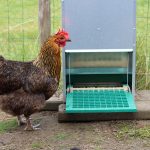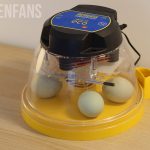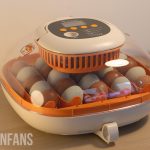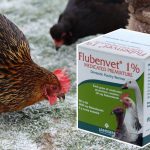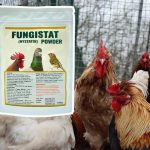Can Chickens Eat Moldy Bread? Health Risks Explained
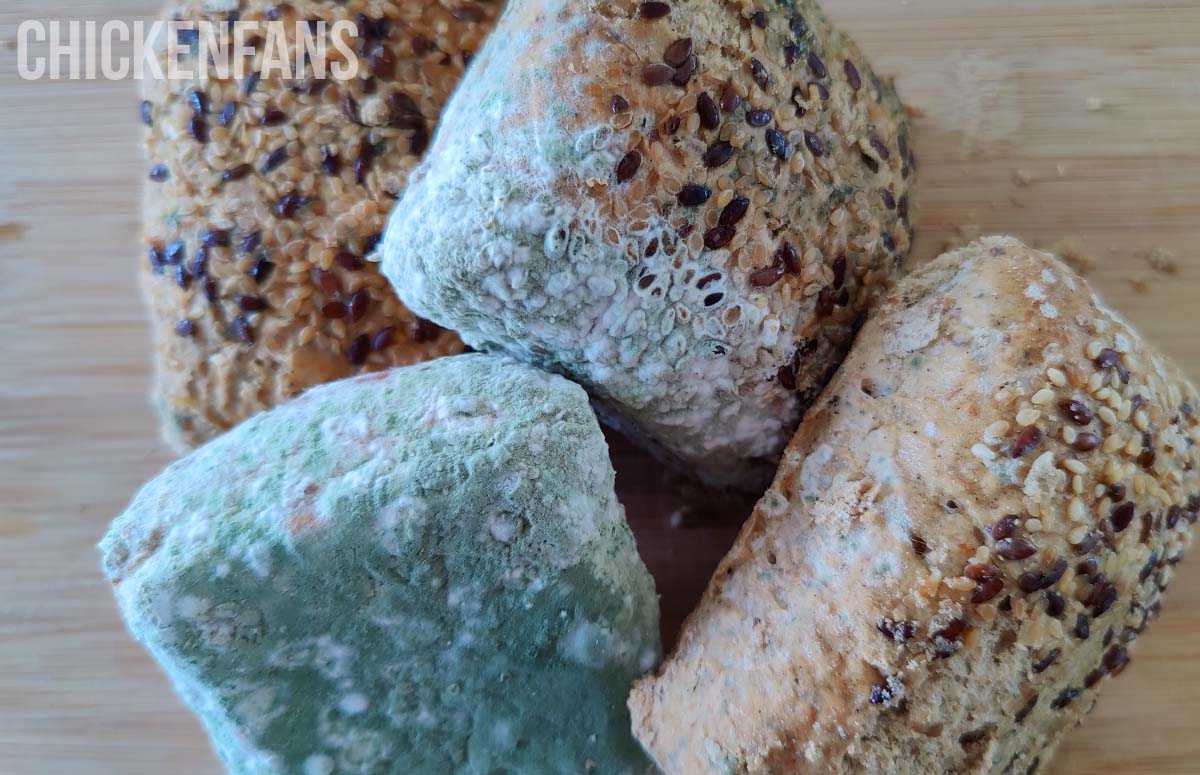
It’s quite common for chicken keepers to give their flock scraps from the dinner table, which is generally acceptable. However, you need to be careful what to feed your flock. In this case, moldy food should be avoided, as it can cause health issues.
Can Chickens Eat Moldy Bread?
No, chickens should not eat moldy bread. However, they will happily jump on any opportunity to munch on any kind of bread, even moldy bread, but that doesn’t mean it’s good for them. Moldy bread may contain harmful toxins, adversely affecting their health.
Chickens can technically eat moldy bread, but really shouldn’t. Like ducks and most other poultry birds, your backyard chickens will eat almost anything, whether moldy or not. This prompts a lot of chicken keepers to think it’s all right to give leftover moldy bread to their flock.
And, to be fair, most of the time, your chickens will be all right after you’ve given them moldy bread. That’s because it isn’t guaranteed to always cause health problems in your flock – but it’s an unnecessary risk.
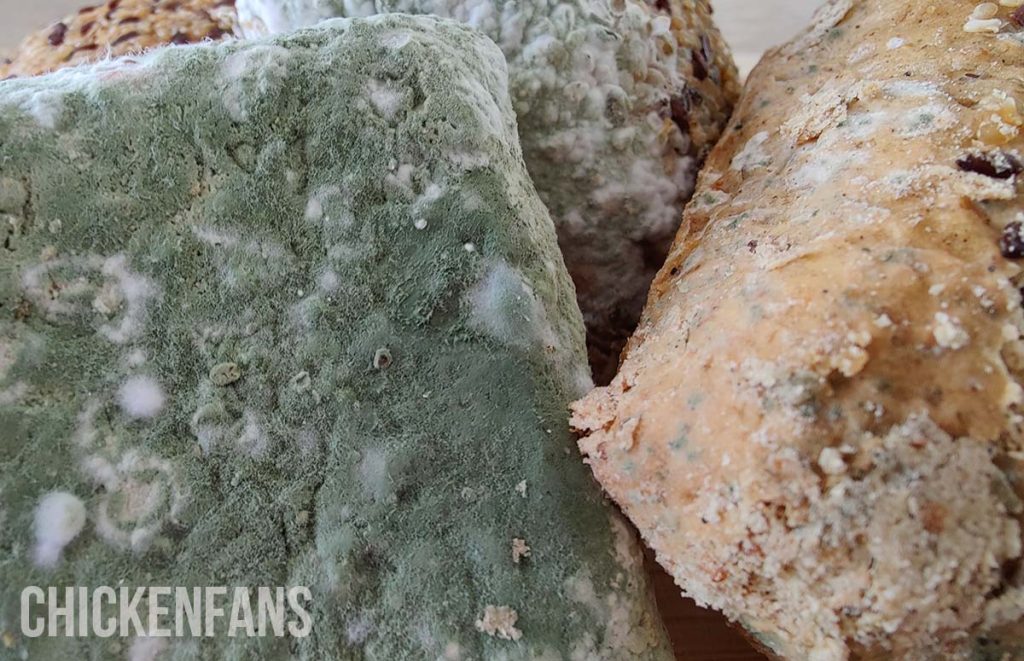
Risk Factors of Eating Moldy Bread
Often, your chickens will be able to process the moldy bread without developing any health issues, especially if we’re talking about a small amount of moldy food.
But the higher the amount of moldy bread you give them, the higher the risk of problems. That’s because moldy bread contains a particular type of toxin called mycotoxins. These are a vast category of toxins produced by fungi, including the mold that grows on food such as bread.
The main risk of ingesting these toxins is a range of conditions called mycoses. These can vary a lot and can be caused by more than just moldy bread but also by unaddressed mold in the chicken coop, imbalanced intestinal flora in the chickens, and more.
Feeding them moldy food is one of the easiest ways to give your chickens mycoses. When this happens, your chickens can develop respiratory and intestinal issues as lesions develop in the lungs, air sacks, and other organs.
Symptoms of Mycoses
Unfortunately, mycosis can develop quite a bit as an internal disease before your birds start displaying any external symptoms. That’s why reacting quickly when you notice something is out of order is important. Mycoses can be treated, but the sooner you catch the problem, the better.
The symptoms include:
- Diarrhea
- Comb/shank paleness
- Reduced egg production and/or quality
- Weight loss
- Conjunctivitis, corneal ulcers, and other ocular symptoms
- Paralysis
All of the above are typically caused by the internal ulcers growing in the chicken’s respiratory and digestive systems because of the mycosis. So, the moment you start seeing these symptoms, the condition has already started progressing, and you should consult with your veterinarian as soon as possible.
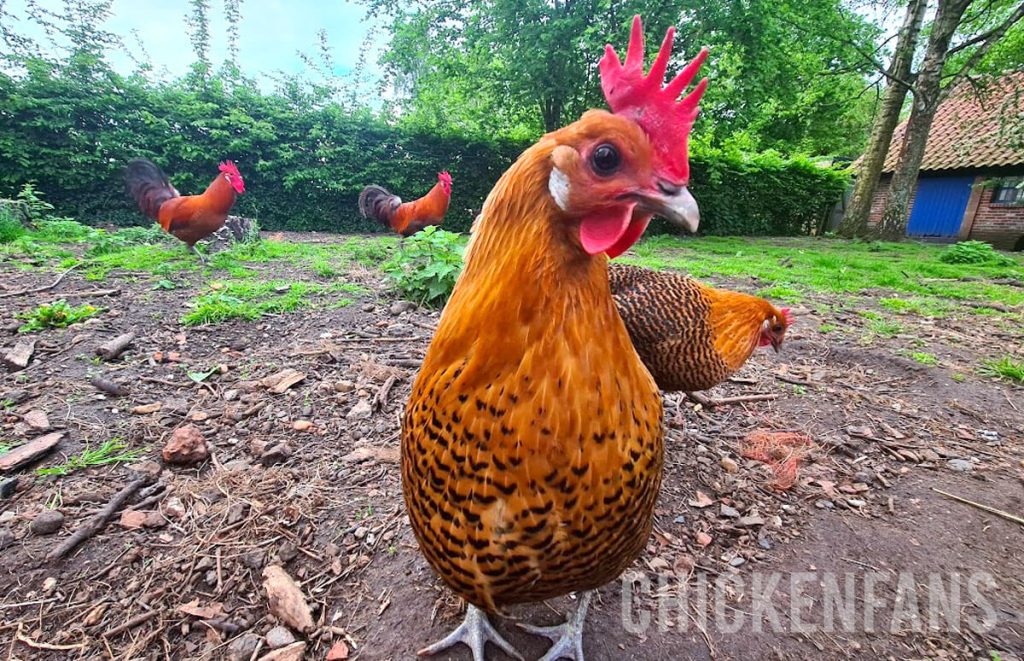
Why Do Some Chickens Develop Mycosis While Others Don’t?
Eating a small piece of moldy bread doesn’t always lead to mycosis in chickens. In fact, a lot of birds can go on for years without ever developing such a fungal infection. That’s because chickens are relatively sturdy birds, and their organisms are better suited to resisting fungal infections than they are to bacterial or viral infections.
Still, under the right conditions – right for the mold, that is – even a healthy chicken can develop mycosis. This can be a problem both for younger chicks and for older adults, as well as both for egg-laying hens and roosters. Here are four key factors that can greatly contribute to your chickens developing mycosis if they eat moldy bread:
- Stress
- Environmental changes such as higher temperatures and air humidity or poor ventilation
- Malnutrition
- Poor farm/coop management, including overcrowding, low litter or feed maintenance, needlessly long antibiotic therapies, and more
Can Chickens Eat Moldy Food?
No, chickens should not eat moldy food. Everything said about moldy bread also applies to other moldy foods. There are over a hundred thousand types of mold, and some are more dangerous than others. Many of the types of mold that grow on bread can grow on other foods, so the same health risks apply.
People usually ask about bread specifically, as that’s one of the most common human foods to give to backyard chickens. But the simple rule is that you don’t want to give any moldy food to your chickens and want to keep mold away from your flock in general. If you wouldn’t give it to your child or household pet because it has mold, don’t give it to your backyard chickens, either.
Is Bread Safe for Chickens if it isn’t Moldy?
Bread can be given to chickens in moderation but not as a primary food source. Bread lacks essential nutrients and will fill them up without providing proper nutrition. Offer it as an occasional treat, but prioritize a healthy diet of grains, vegetables, and protein-rich treats.
Even if bread is perfectly fresh, mold-free, dark brown, and seeded, it still isn’t suitable for chickens. Let’s see why:
- Lacks nutrients: Bread lacks many key nutrients chickens need to stay healthy, including proteins and calcium. Some even compare bread to “junk food” for chickens, as they will like it, and it will satiate their hunger for a while, but it won’t give them the minerals and nutrients they need.
- Chickens will eat fewer grains when given bread: Bread is more filling than most other foods because it expands when wet. So, chickens will eat less of the quality chicken feed you give them alongside the bread, leading to a risk of malnourishment.
- Bread can cause choking: This can sound overdramatic, but your chickens can choke on dry bread. When feeding them dry bread, there is a significant risk that the bread expands in the birds’ throats or in the crop.
- Breat contains yeast and sugar: These ingredients can lead to fermentation inside the chicken’s crop and digestive tract. This can drastically raise the bird’s pH levels, alter its intestinal microbiome, and lead to various bacterial infections and even mycoses.
In Conclusion
If you talk with experienced chicken keepers, many of them can tell you that they’ve been giving their flocks old and moldy bread for years with nothing bad happening. This can be true as there are no guarantees here – chickens are sturdy birds and more resistant to fungal infections than bacterial or viral infections.
However, as tempting as it is to “utilize” your old moldy bread as chicken food rather than throwing it away, the risk is not worth it. Mycoses can be treated if caught early enough, but they are also very unpleasant and nasty for the birds. So, avoiding foods that aren’t meant for them is best.

